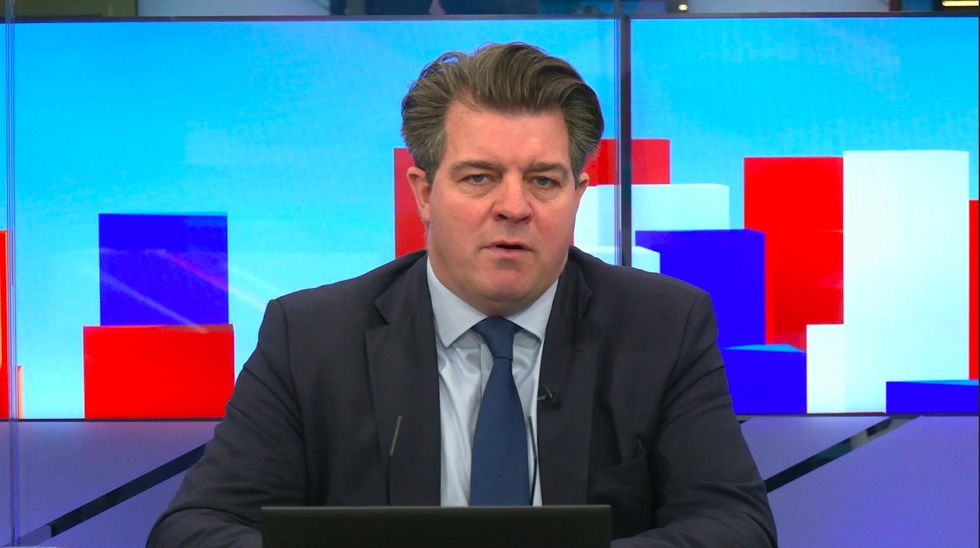Liam Halligan: Is Labour now the Party of business?

Liam Halligan
GB News

During his budget statement last month, Rishi Sunak claimed the Conservatives were the Party of public services.
The Chancellor then pushed the UK tax burden, total tax revenues as a share of our economy, to the highest level for 70 years.
With the Tories claiming they're the Party of the public sector, Keir Starmer is now doing his own political role reversal. Later this hour, the Labour leader will address the Confederation of British Industry – where he will declare – get this - that Labour is now the Party of business.
You can hardly blame Starmer. The Tories have presented him with an open goal. Relations between the government and business are somewhat rocky.
Lots of Northern firms are upset the government just scrapped the Eastern - Birmingham to Leeds – leg of the proposed HS2 highspeed rail network. The much-trumpeted Northern Powerhouse Rail project has been scaled back.
Businesses want less regulation and lower taxes – a theme Rachel Reeves exploited at Labour’s party conference this autumn. The Shadow Chancellor pledged Starmer’s party would entirely scrap business rates – a much-hated corporate levy which firms must pay on the value of their premises, whether they make a profit or not.
Starmer will today tell the Confederation of British Industry that his party has consigned the Jeremy Corbyn era to history.
Sensing an opportunity, he’ll make a bold pitch to commercial leaders by saying Labour recognises – and I quote - “when business profits, we all do”.
Playing on business fears about big spending Boris, the Labour leader will claim his party “won’t simply throw cash at the country’s problems."
He'll argue the UK needs an economic “reset” after Brexit and Covid. The Tories has overseen “poor export performance and skills development” since the Brexit transition expired at the start of this year, Starmer will argue, positioning Labour as “the party of work."
"We understand the need for stability, security, and a plan”, Starmer will say, playing on fears among parts of the Tory faithful, in Westminster and beyond, that the Prime Minister – embroiled in rows over second jobs, migration and much else – is presiding over what the traditionally Tory-supporting Spectator magazine recently dubbed “Boris’s court of chaos”.
What’s clear is many British businesses are now struggling in a tough commercial environment. Supply chain problems, labour and skills shortages, combined with rising taxes are making life difficult for many firms. Not all these issues stem from decisions made by Johnson’s government – far from it.
Inflation and supply chain snarl ups are rampant across the rest of Europe and beyond.By stressing the need for more training, investment and lower regulation, Starmer is saying what business leaders want to hear. But what really matters, the issue at hand, is the extent to which such business leaders believe that he'll do a better job.
Is Labour now the Party of business?